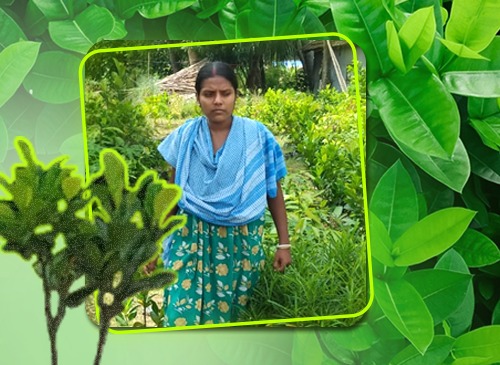The pandemic has been a blessing in disguise for many, even though no one wanted it this way.
You may disagree with me. But the facts won’t.
In one of my blogs, I had noted how the kites business soared during the lockdowns of the COVID19 pandemic in 2020. People caught in a lockdown with no end in sight found flying kites a stress buster. This quintessential Indian way of spending time gave a boost to an industry that was in a seasonal rut.
Many other industries found a much-needed boost. One such has been the nurseries and horticultural farms.
(https://www.thehindu.com/sci-tech/energy-and-environment/business-of-gardening-continues-to-bloom-across-india-amid-the-pandemic/article34490033.ece)
People discovered the pleasures of gardening. Some gardening enthusiasts even started growing their vegetables. Many thought that keeping plants at home will help improve oxygen levels. Well, the last notion is up for debate but re-greening our cities and our towns is never a bad idea.
Paramita Byapari, a customer of Village Financial Services who owns a nursery, was one of those who was blessed by the sharp increase in demand for seeds and plants.
Paramita lives with her extended marital family in the village of JiratHattala Biswas Para, Hooghly. The mother of a teenage son, Paramita wanted to support her family during her lockdown when the earning members—her husband and brother-in-law—lost their daily wages to the lockdown.
Paramita realised that she needed to support her family. The crisis also allowed her to nurture her entrepreneurial dreams. On her visit to the market, Paramita saw nursery owners getting the largest number of customers after vegetable sellers and grocers.
She took three gardens on a lease and turned them into thriving nurseries, with help from her husband.
In two months, she gained a handful of loyal customers from her village. She realised the potential of the nursery amidst the lockdown when she started getting orders from outside her village, district and even state.
The demands for saplings of seasonal fruits, indoor plants and flowering plants grew and she ran out of stock before she could take in more orders. Then, Cyclone Amphan ravaged a part of her nursery. The calamity almost wiped out her income from the business. Paramita felt dejected once more.
But this time her family became her support. Her husband informed her about microfinance loans. From the women in the neighbourhood, she got acquainted with a joint liability group called Netaji. The group advised her on the process of applying for a loan from VFS.
Paramita soon became one of the most enterprising customers of VFS.
With the loan, Paramita launched her second innings. With her husband, she began restoring the damaged areas of the gardens. New species of flowering and fruit-bearing plants were added. She began reconnecting with her old customers. Some returned, some were sceptical, but returned later, nevertheless.
Paramita began nurturing her hopes again. She worked throughout the day, tending to and managing her nursery. The hard work started showing results. Her fame spread and orders started coming from nearbymarkets and far awayplaces such as Dehradun.
Life has taken a massive turning for Paramita and her family.
Two years ago, the Byapari family lived on daily wages earned by the two male members. Today, they have lived up to the meaning of the word “Byapar” (business) through Paramita. For Paramita, the pandemic gave her insights into the world of business.




No comments:
Post a Comment